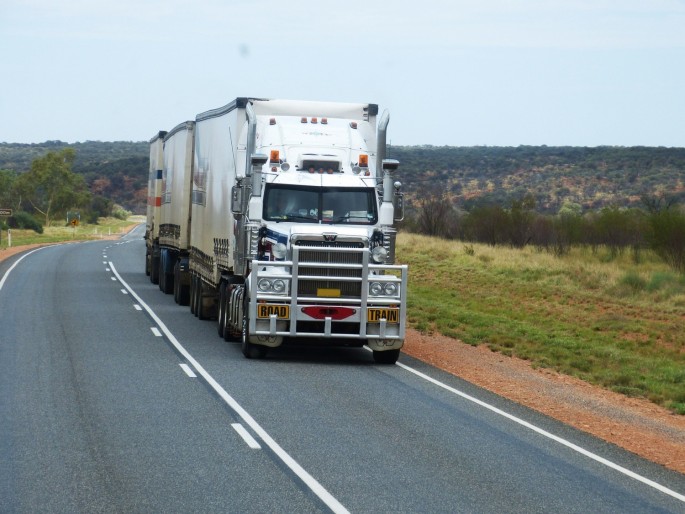Are you a prospective truck fleet owner and looking to start a trucking business? If the answer is yes, you are here at the right spot. We will guide you through all steps. If you look at the American Trucking Association (ATA) statistics, you might be shocked to learn that the trucking industry transports above seventy percent of all freight. The trucking industry is more likely to grow over the next decade by up to 27%. If you have a smaller fleet, you have nothing to worry about, as above 90% of the operating trucking companies have a fleet of six or fewer trucks.
With such promising logistics of the trucking industry, professional truckers have great potential who have an in-depth understanding of the trucking trade. If you are all set to start your trucking business, read our brief guide so that you steer in the right trucking direction.
Business Plan
Before starting any business, we need an organized business plan. The business plan will serve as your roadmap. It can always be refined and altered as your trucking business will start to grow. The benefits of having a business plan include but are not limited to getting organized, setting objectives, and milestones, goals, reviewing potential obstacles and valuing your propositions.
Legal Establishment
If you want to operate the trucking company as a well-structured trucking corporation or LLC (Limited Liability Company), you have to protect your personal property as a business owner. When we talk about the trucking business's legal establishments, legal, tax, and other business advantages are also incorporated.
Firstly, you need to appoint a registered agent as required by most states. The registered agent must have a physical address to receive tax documents, legal notices, state mandates, etc., during established business hours. Remember that a missed delivery could put your company's reputation at risk. It may also result in a lawsuit against you without your knowledge.
You must obtain your EIN (Employer Identification Number), which works like a social security number for your trucking business. The EIN is used to open an account and is showcased on all tax filings until you run your business.
Business Licenses & Permits
Most states require companies to have their license and permits handy before opening their doors to customers. Depending on your region and trucking services, certain licenses and permits will apply to your trucking business. Typically, you will need a CDL (Commercial Driver License) and a USDOT number. If you apply for txdot number online, the transition from truck-owner to a professional trucking business owner will be less intimidating.
The FMCSA (Federal Motor Carrier Safety Administration) tracks the unique DOT numbers of trucking companies to identify them while conducting inspections, investigations, and other relevant audits. You may also require more than one MC number, depending on your trucking services.
Lastly, if you plan to provide trucking services across different states, you must obtain International Registration Plan credentials (IRP) along with IFTA decals (International Fuel Tax Agreement) for your fleet.
Get the Right Equipment
Believe it or not, but the right type of equipment can be a determining factor for a business's success and failure. While you select equipment for your trucking business, you should consider a few things. For instance, by inspecting your fleet, you can determine whether the trucks can accommodate cargo. You might need a refrigerated compartment for the transportation of frozen items. At this step, you should also gauge your options of leasing and purchasing equipment. Sometimes leasing equipment is more profiteering than purchasing equipment.
Insurance Coverage
As an owner of a truck business, you will need to have your new trucking company insured by selecting appropriate insurance coverage. The best way is to do some research and contact several premium agents. Before you make a final decision, consider the options of physical damage insurance, cargo insurance, basic liability insurance, and passenger accident insurance.
Control Your Expenses
If you want to grow your trucking business, you will have to control your expenses via effective management. You can consider creating a system to track all occurring expenses and generate income. In the trucking business, payments and wages are often received on a weekly basis. However, depending on the services, some payments can take months after the delivery, making it a bit challenging to track expenditures while you are trucking.



























